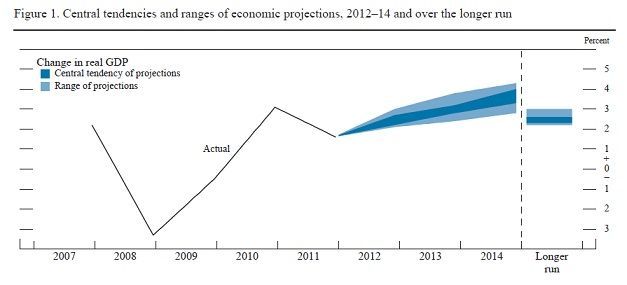- Revenue Cycle Management
- COVID-19
- Reimbursement
- Diabetes Awareness Month
- Risk Management
- Patient Retention
- Staffing
- Medical Economics® 100th Anniversary
- Coding and documentation
- Business of Endocrinology
- Telehealth
- Physicians Financial News
- Cybersecurity
- Cardiovascular Clinical Consult
- Locum Tenens, brought to you by LocumLife®
- Weight Management
- Business of Women's Health
- Practice Efficiency
- Finance and Wealth
- EHRs
- Remote Patient Monitoring
- Sponsored Webinars
- Medical Technology
- Billing and collections
- Acute Pain Management
- Exclusive Content
- Value-based Care
- Business of Pediatrics
- Concierge Medicine 2.0 by Castle Connolly Private Health Partners
- Practice Growth
- Concierge Medicine
- Business of Cardiology
- Implementing the Topcon Ocular Telehealth Platform
- Malpractice
- Influenza
- Sexual Health
- Chronic Conditions
- Technology
- Legal and Policy
- Money
- Opinion
- Vaccines
- Practice Management
- Patient Relations
- Careers
Interest Rates Remain Low Until 2014
The Federal Reserve's Federal Open Market Committee said that it will keep interest rates low until at least 2014, good news for investors, but bad news for savers and those on fixed income.
In all likelihood, interest rates are going to remain low until at least late 2014, according to the U.S. Federal Reserve, which released its monetary policy on Wednesday.
The decision to keep interest rates low is in effort to support the slow growth of the U.S. economy, despite the fact that the economy moderately expanded in late 2011. The unemployment rate has remained high, even though there has been improvement in the overall labor market. And while household spending has advanced, the housing sector remains depressed.
“We have seen positive signs no doubt,” Ben S. Bernanke, chairman of the FOMC, said in a press conference Wednesday afternoon, making reference to improved unemployment rate and consumer sentiment. However, he also made mention to areas of difficulty, such as headwinds from Europe.
“We’re going to continue to monitor that situation I don’t think we’re ready to declare that we’ve entered a new, stronger phase at this point,” he said.

Over the next few quarters, the FOMC expects economic growth will be modest with the change in real gross domestic product between 2.2% and 2.7% in 2012 and between 3.3% and 4% in 2014. The unemployment rate will be between 8.2% and 8.5% in 2012 and between 6.7% and 7.6% in 2013. Inflation is expected to be between 1.4% and 1.8% in 2014 and 1.6% and 2% in 2014.
Bernanke added that there would have to be “significant strengthening in the economy” in order for the FOMC to consider raising the interest rates.
For those Americans who are on a fixed income and cannot invest as readily, low interest rates are frustrating because it means smaller returns. However, Bernanke said that a healthy economy, the goal of keeping interest rates low, can only help the savers.
This is where the dual mandate of the FOMC benefits people. When setting monetary policy, the Federal Open Market Committee has a dual mandate, to foster maximum employment and price stability by keeping inflation to approved levels.
“We recognize in periods like this savers are getting a lower return,” Bernanke said. “One reason why it’s important for us to maintain price stability is that it might minimize any loss savers might suffer.”
